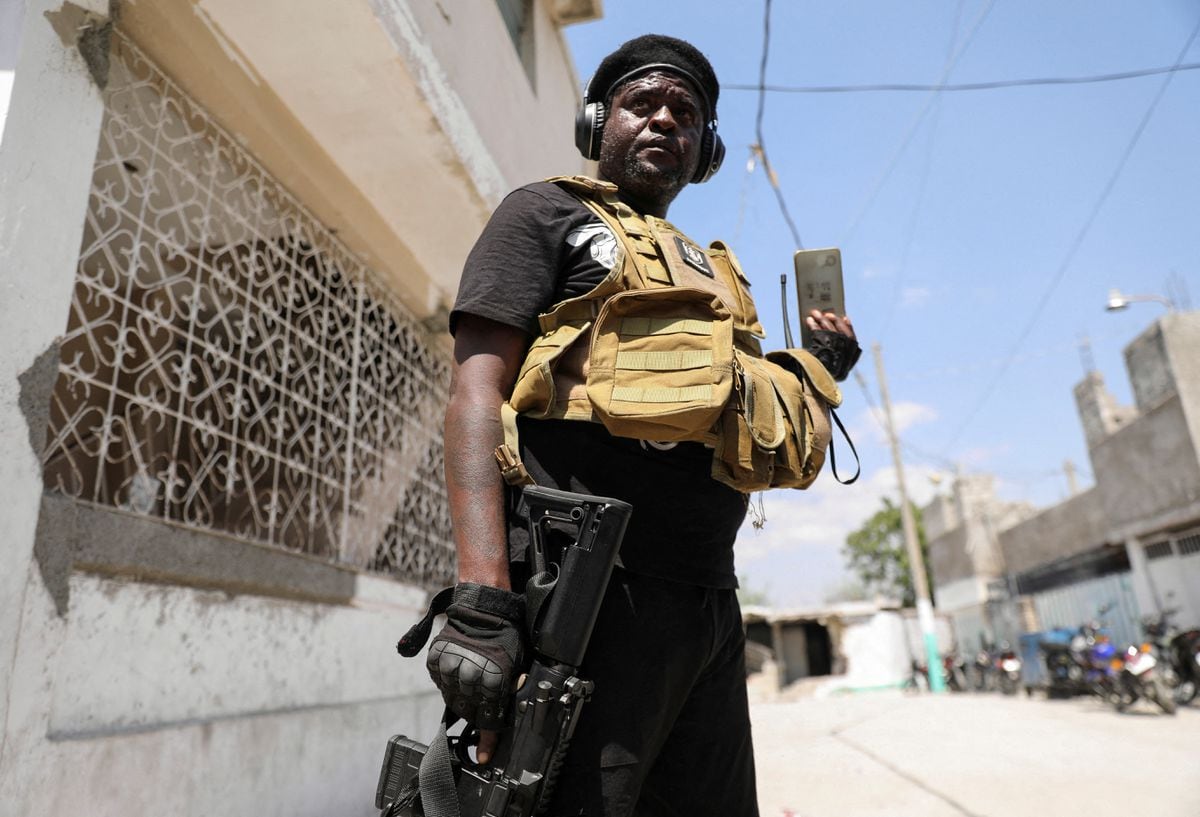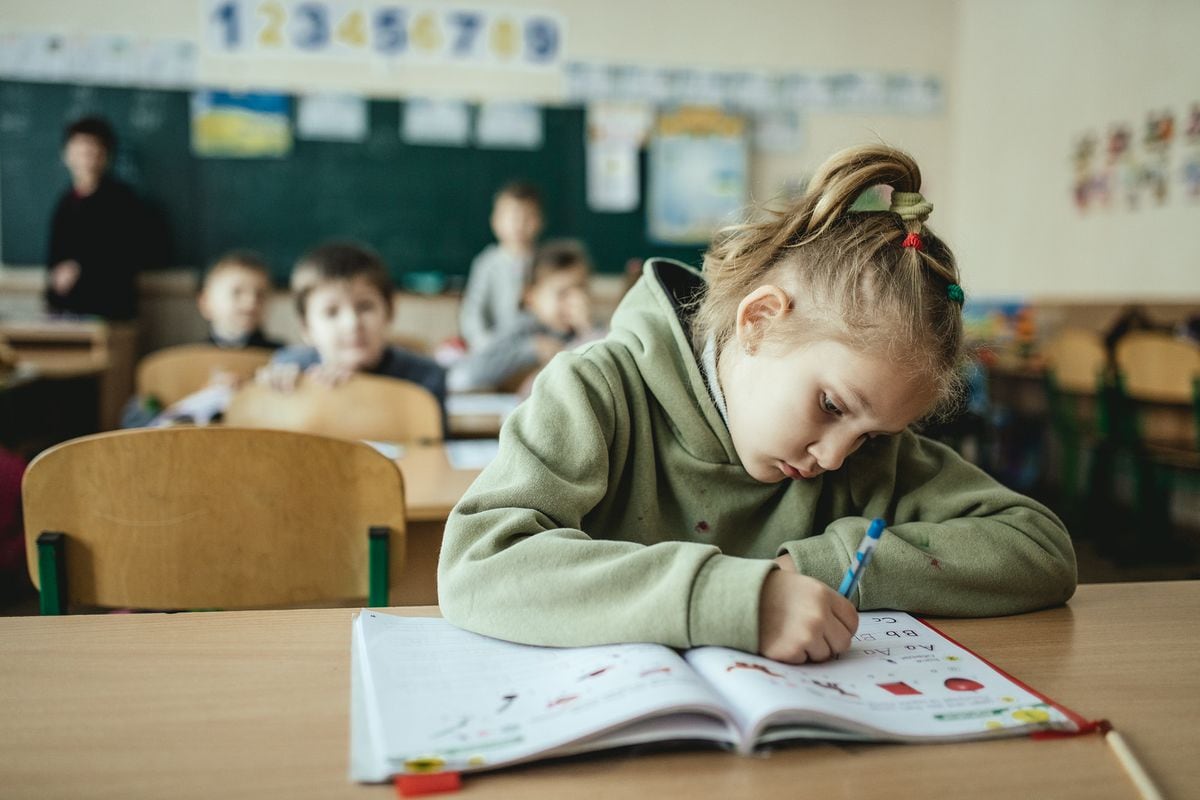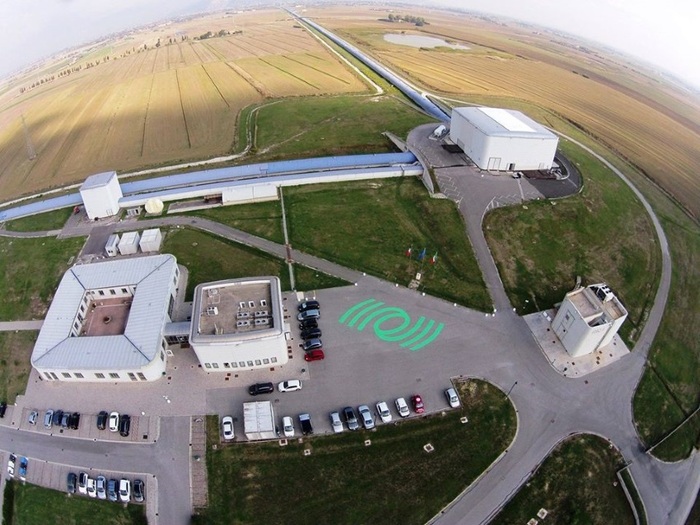Just a few weeks ago I met Berenson, a nine-year-old boy from a remote community in southern Haiti.
His story moved me.
Most of the girls and boys in his community do not attend school, except for a few lessons given by volunteers who travel to the community, and to get medical care, they have to travel several kilometers on a scooter.
When the earthquake hit the southern peninsula of Haiti on August 14, 2021, we could not have predicted the extent of the damage.
It affected 800,000 people, including 340,000 children and adolescents, caused more than 2,200 deaths and turned basic infrastructure into rubble, including the Berenson community school and health center, which remains without a stable power connection.
More information
Haiti tries to wake up from the nightmare after the earthquake
Before the earthquake, children and adolescents in Haiti were already suffering from high rates of malnutrition, displacement caused by gang violence and the secondary impacts of covid-19.
But right now, their needs are more pressing than ever, as entire families have lost everything, including homes, schools, access to water and sanitation facilities.
Today, seven months after the earthquake, significant progress has been made in a context of extreme difficulty, between political and social convulsions, and with armed gangs taking control of key roads for the arrival of supplies, but the challenges remain immense in basic areas such as health, water, sanitation and hygiene, protection, education, psychosocial support or malnutrition.
In Haiti, parents and other caregivers join parenting clubs to learn about best nutritional practices.
They learn how to avoid malnutrition and prevent diseases.© UNICEF/UN0576142/Diaz Mercado
Unicef has been at the forefront of the response from the first hours after the natural disaster.
In less than 24 hours, six emergency teams with essential medicines and supplies were dispatched to the south to serve 30,000 people, and 24 mobile clinics were deployed in 18 remote townships to provide health and nutritional care to 52,000 people, while opening access to vaccination against covid-19.
In this community of Cavaillon, in the Sud department, the pipes were damaged by the earthquake and common use.
After the August 2021 earthquake, UNICEF is working with the Haitian government to repair infrastructure.© UNICEF/UN0583476/Diaz Mercado
Our teams have distributed nearly 23,000 hygiene kits, including soap, home water treatment products and menstrual hygiene kits to cover 121,000 people and have provided access to drinking water for nearly half a million inhabitants.
Their needs are more pressing than ever, as entire families have lost everything, including homes, schools, access to water and sanitation facilities.
Together with partners and allies, we have facilitated the reunification of 171 unaccompanied or separated children and adolescents with their families and provided psychosocial support, food and hygiene to more than 500 vulnerable families.
More than 19,000 children have benefited from psychosocial and recreational activities in 50 child-friendly spaces, to help them recover a certain sense of normality after the traumas they have suffered.
Countless efforts have also been made to get schools in the Big South, like the one in the remote community of Berenson, to reopen their doors.
We have committed to building 900 classrooms in 150 educational centers, in collaboration with NGOs and local private companies.
To date, 230 learning spaces are being built in 38 schools.
74,000 school kits and 1,600 educational kits have been distributed to students and teachers in 297 schools.
We have committed to building 900 classrooms in 150 schools, in collaboration with NGOs and local private companies.
To date, 230 spaces are being built
I would like to thank the donors who have accompanied us during these seven months and call on the international community to maintain this momentum of solidarity and support us, so that every child in Haiti can survive and prosper.
They know that at Unicef we will never give up.
Bruno Maes
is UNICEF's representative in Haiti.
You can follow PLANETA FUTURO on
,
and
, and subscribe
to our 'newsletter'
here
.







/cloudfront-eu-central-1.images.arcpublishing.com/prisa/2KVLLY26ZNGK3OCBRI676KYGKA.jpg)







